Farm & Ranch
The Future of Cotton Harvest is amongst us
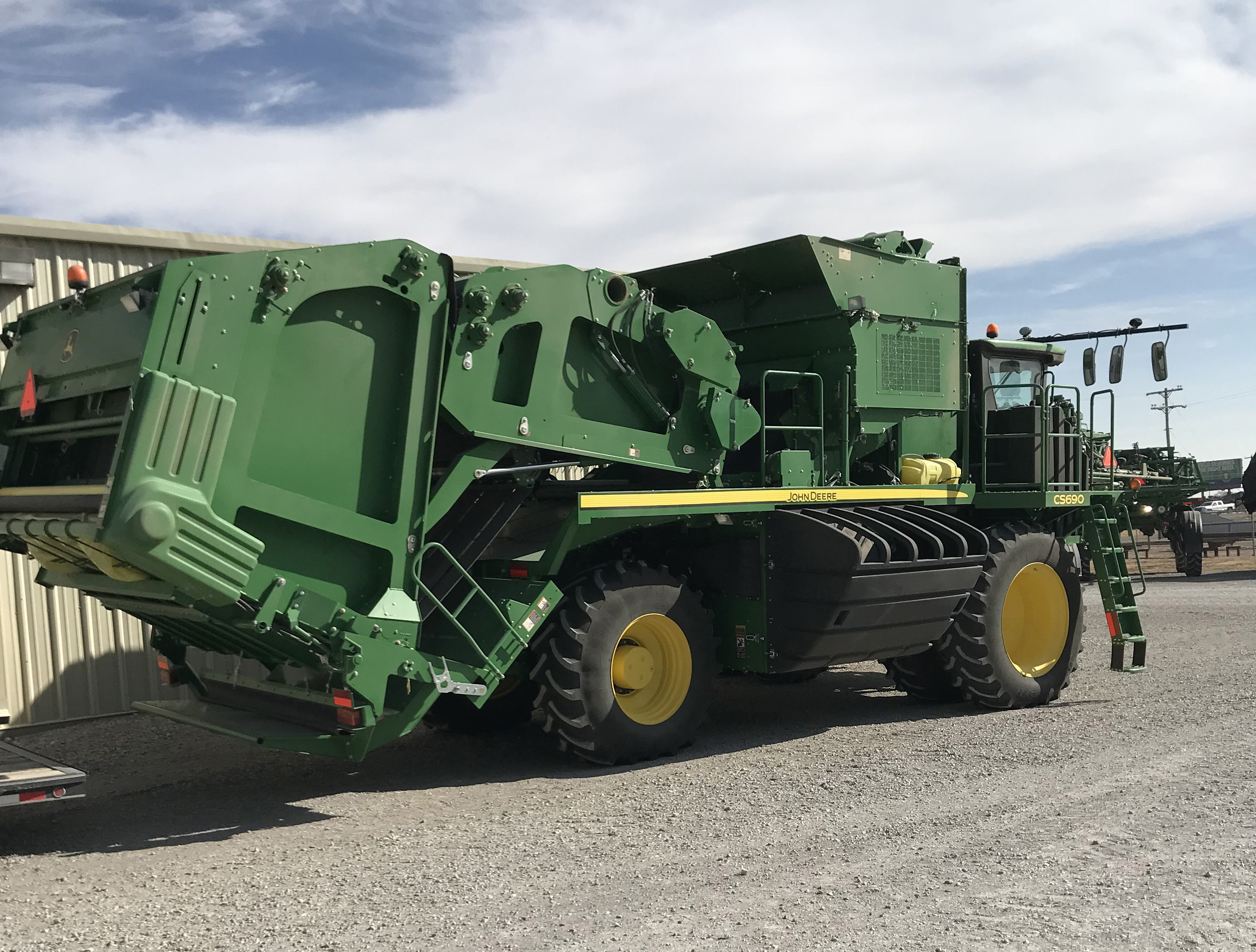
By Payton Coker, WTAMU Student
A debate of epic proportion in the agricultural industry revolves around cotton country. Since the introduction of the John Deere CS690 in 2014, the conflict between traditional cotton strippers and the new stripper balers has caused producers to struggle to keep up with new technology, the cost and the repair bills on their aging traditional cotton harvesting equipment.
In the past, harvesting cotton required an extensive number of operators to accomplish necessary duties, such as run the boll buggy, module builder and cotton stripper itself. The stripper baler, on the other hand, is a single operator show where one operator can strip and produce bales of cotton with one machine.
Production is key in modern agriculture, especially with a time sensitive crop like cotton, where moisture and wind can rip the product from the boll. When harvest time comes around, producers scramble to collect their crop from the field before a potentially wet winter can claim the crop. With cotton being planted at an all-time high in the Panhandle, the need and want for effective harvesting is apparent.
Prior to 2014, the only cotton harvester John Deere had on the market was the 7460, the conventional basket harvester and the 7760 cotton picker baler. The basket harvesters are time-tested machines, dating back to 1950 and the release of Deere’s first self-propelled cotton picker. The problem with the basket system lies in the inability to continually harvest cotton without stopping to unload or wait on tractors pulling the boll buggy.
To read more pick up a copy of the May 2018 NTFR issue. To subscribe call 940-872-5922.
Farm & Ranch
Managing Show Cattle Through The Winter

By Heather Welper
Husband and wife duo, Heather and Calvin Welper, are the Co-Owners and Operators or Two C Livestock, located in Valley View, Texas.
The pair’s operation has a show cattle focus where they raise and sell purebred heifers of all breeds and club calf Hereford steers.
When it comes to show cattle, the Welpers know a thing or two including how to prepare for the cold winter months and the Texas major show season run.
To read more, pick up a copy of the November edition of North Texas Farm & Ranch magazine, available digitally and in print. To subscribe by mail, call 940-872-5922.
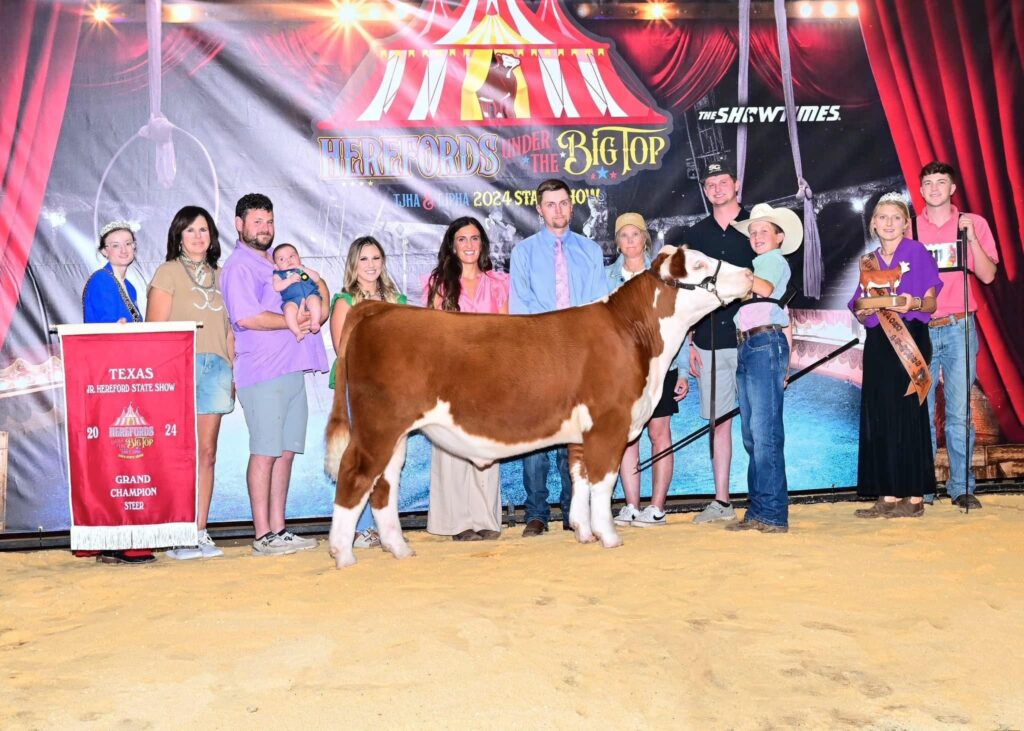
Farm & Ranch
Double M Ranch & Rescue

By Hannah Claxton, Editor
As the sun rises each day, so do the dozens of mouths that Meghan McGovern is responsible for getting fed. Rather than the sounds of a rooster crowing, McGovern hears the bellows and bleats of a variety of exotic deer, the chortle of kangaroos, the grunts of water buffaloes, and the chirps of a lemur.
Nestled against the banks of the Red River, the Double M Ranch and Rescue, with its high game fences and deer sprinkling the landscape,s its in stark contrast to the surrounding ranches.
“Having deer is kind of like eating potato chips- you can never actually have just one,” said McGovern with a laugh.
McGovern has several herds to take care of- fallow deer, axis deer, water buffalo, goats, and bison. In smaller numbers, there’s also a few kangaroos, a lemur, a potbelly pig, a pair of zebras, a watusi, and a few horses.
To read more, pick up a copy of the November edition of North Texas Farm & Ranch magazine, available digitally and in print. To subscribe by mail, call 940-872-5922.
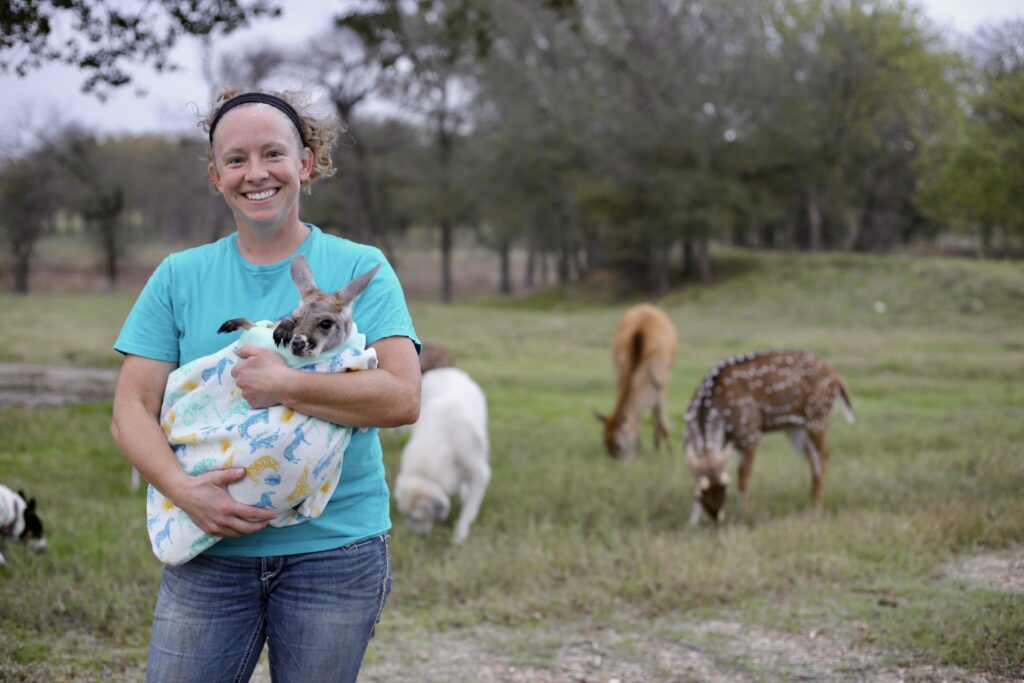
Farm & Ranch
Acorn Toxicity
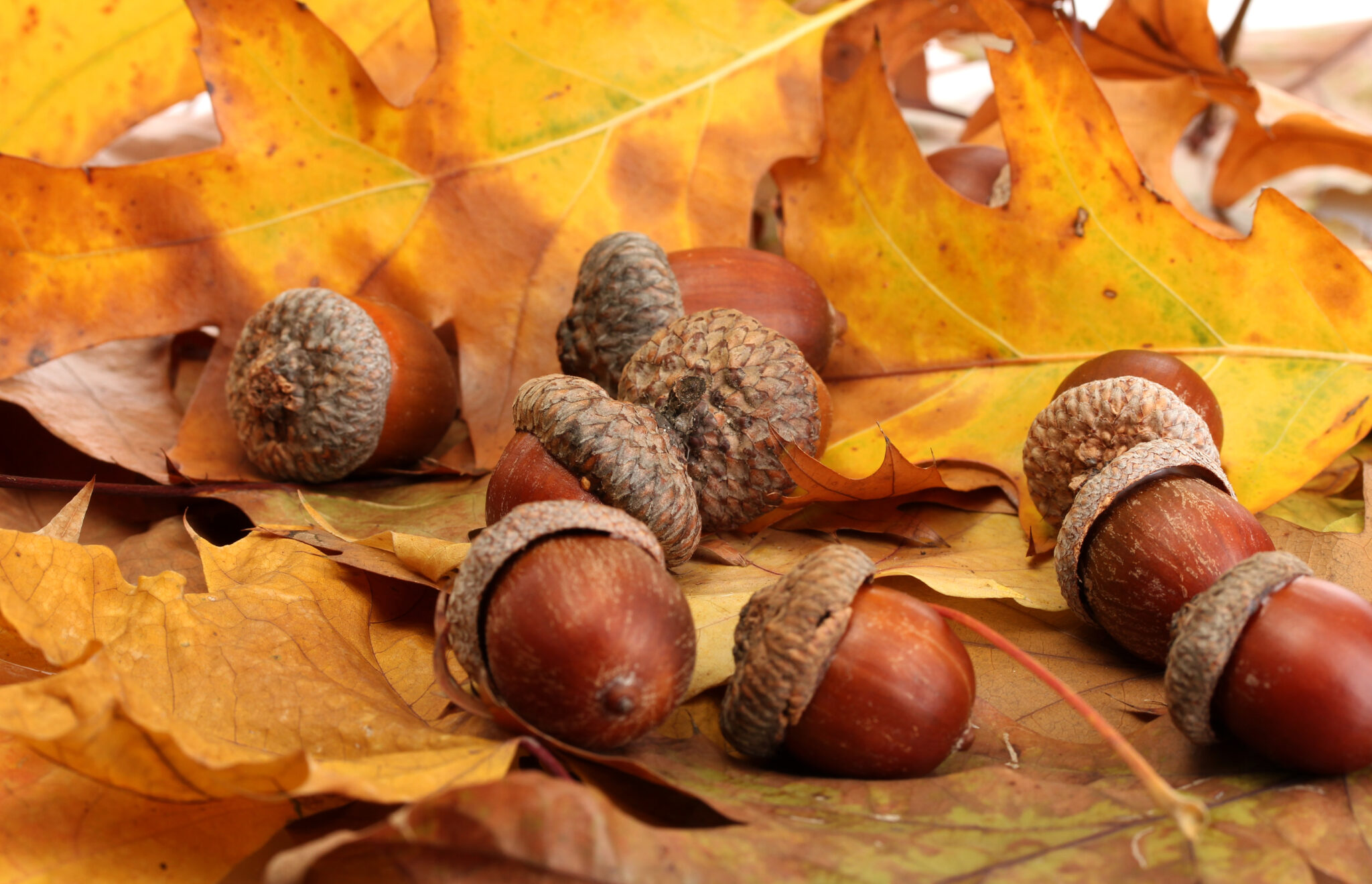
By Barry Whitworth, DVM, MPH
With the prolonged drought, most pastures in Oklahoma end up in poor condition. With the lack of available forage, animals may go in search of alternative foods.
If oak trees are in the pastures, acorns may be a favorite meal for some livestock in the fall. This may result in oak poisoning.
Oak leaves, twigs, buds, and acorns may be toxic to some animals when consumed.
To read more, pick up a copy of the November edition of North Texas Farm & Ranch magazine, available digitally and in print. To subscribe by mail, call 940-872-5922.
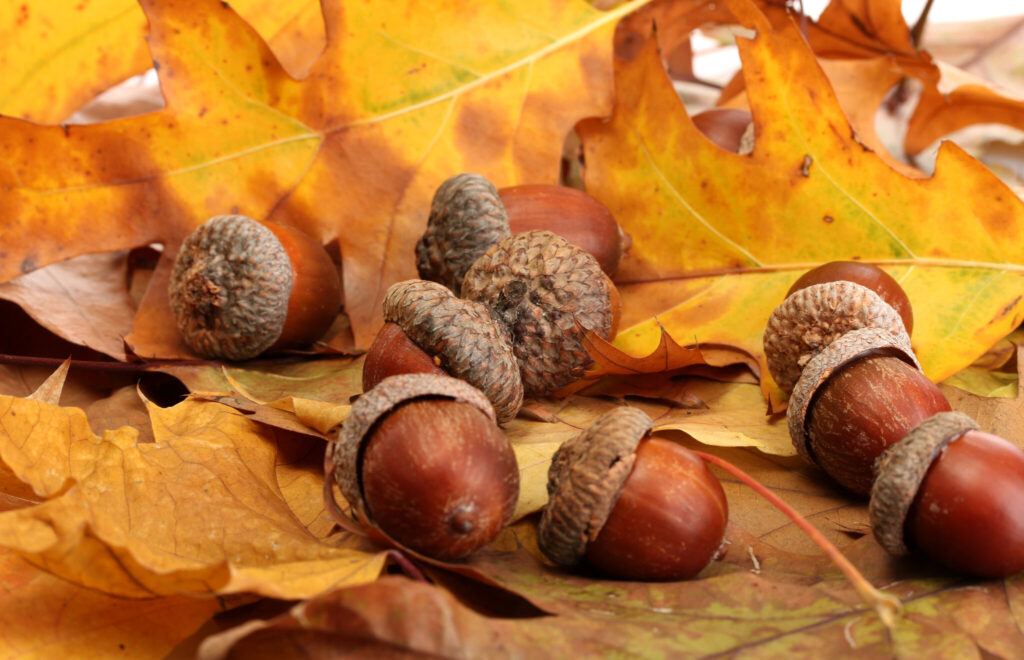
-

 Country Lifestyles2 years ago
Country Lifestyles2 years agoScott & Stacey Schumacher: A Growth Mindset
-

 Country Lifestyles8 years ago
Country Lifestyles8 years agoStyle Your Profile – What your style cowboy hat says about you and new trends in 2017
-

 HOME8 years ago
HOME8 years agoGrazing North Texas – Wilman Lovegrass
-

 Outdoor10 years ago
Outdoor10 years agoButtercup or Primrose?
-

 Country Lifestyles5 years ago
Country Lifestyles5 years agoAmber Crawford, Breakaway Roper
-

 Country Lifestyles9 years ago
Country Lifestyles9 years agoJune 2016 Profile – The man behind the mic: Bob Tallman
-

 Country Lifestyles8 years ago
Country Lifestyles8 years agoDecember 2016 Profile, Rusty Riddle – The Riddle Way
-

 Equine1 year ago
Equine1 year agoThe Will to Win




